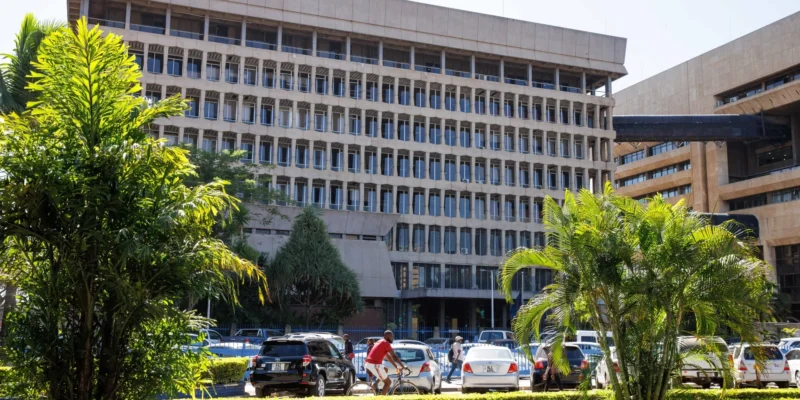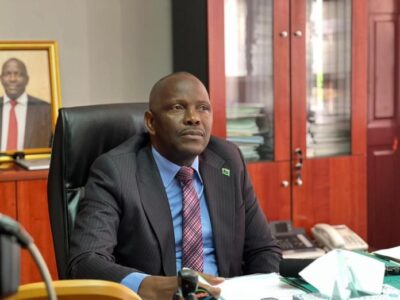The Bank of Zambia (BOZ) has introduced the K5 billion Stability and Resilience Facility (SRF) to safeguard financial stability and strengthen the resilience of the financial sector following the adverse effects of the 2023/24 drought.
In a statement issued on Friday, BOZ highlighted that the drought had significantly impacted food production and hydroelectricity generation, leading to food insecurity and prolonged load shedding.
These challenges have triggered economic ripple effects, raising concerns over financial system stability.
“As food and energy prices rise, inflation has been increasing, and the economic growth rate for 2024 has been revised downwards to 1.2 percent from the 2.3 percent projection made in July 2024,” the central bank stated.
The SRF aims to provide liquidity to eligible Financial Service Providers (FSPs) for onward lending to viable businesses in the agriculture sector and those negatively affected by electricity shortages.
BoZ emphasized that the facility aligned with its broader mandate of ensuring price and financial system stability.
“Clients with existing facilities, including those obtained under the Targeted Medium-Term Refinancing Facility (TMTRF), can access funds under the SRF, provided they meet the specified terms and conditions,” the bank stated.
However, the funds are not intended for refinancing existing loans.
The facility was available to FSPs that meet the eligibility criteria defined under Section 5 of the terms and conditions.
Funds must be used exclusively for their intended purpose, primarily supporting viable Micro, Small, and Medium Enterprises (MSMEs) and businesses in agriculture or those affected by the drought-induced electricity shortages.
Read More: Bank of Zambia to phase out cheques by June 2026
BoZ underscored that the facility would require collateral that was eligible, clearly specified, and verifiable.
Access would be subject to borrowing limits prescribed under the facility’s terms.
“The funds shall not support activities outlined in Section 4 of the terms and conditions,” BoZ stated, adding that it reserves the right to vary the terms and conditions as necessary.
FSPs are tasked with conducting due diligence to determine the eligibility of businesses impacted by the drought.
The SRF was expected to mitigate the cascading economic impacts of the drought while enhancing the financial sector’s resilience.
Meanwhile, the increasing share of foreign currency-denominated loans on commercial banks’ balance sheets is weakening credit quality, largely due to heightened exchange rate risks, a Bank of Zambia (BoZ) report has revealed.
In its October 2024 Financial Stability Report, the central bank noted that foreign exchange exposures rose slightly to 40.1 percent in the six months to September 2024, underscoring the risks linked to the partial dollarization of the financial system.
“An elevated share of foreign-currency-denominated exposures indirectly raises credit risk through the exchange rate,” the report stated, echoing concerns first highlighted in the May 2024 Financial Stability Report.
The share of Non-Performing Loans (NPLs) rose by 1.1 percentage points to 4.8 percent by the end of September 2024, remaining below the prudential threshold of 10 percent.
However, the report raised alarms over the concentration of credit in a few sectors and among large borrowers.
The manufacturing, agriculture, and energy sectors accounted for 50 percent of total credit on banks’ balance sheets.
These sectors face shared challenges, including electricity shortages and rising production costs, potentially exposing banks to material losses if counterparties encounter liquidity problems.
Moreover, the report highlighted that 62.2 percent of banks’ total credit exposure is concentrated among the top 20 borrowers, heightening financial stability concerns.
“With the elevated share of large exposures, banks face concentration risks due to their heavy reliance on common counterparties,” BoZ warned.
WARNING! All rights reserved. This material, and other digital content on this website, may not be reproduced, published, broadcast, rewritten or redistributed in whole or in part without prior express permission from ZAMBIA MONITOR.











Comments